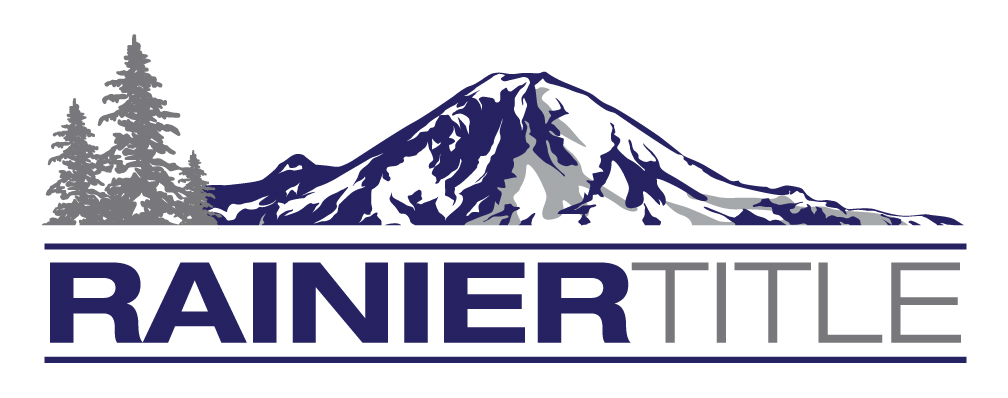A remote online notary is a notary who uses audio-visual technology and the internet to notarize client’s important documents instead of appearing face to face with their client. Remote, or online notarization, allows anyone to connect with an authorized notary public at any time to sign and notarize documents. Using a remote online notary allows the signer the convenience of being able to have documents notarized from a completely different state or country than the notary. The notary, however, must be in the state where they were commissioned.
Do All States Allow Remote Notarizations?
Many states have passed laws, and have procedures in place for notaries to perform remote online notarizations. Some states, including Washington State, are permitting online notarizations early under special emergency rules. A complete updated list on states that have remote online notarization and states that have issued emergency measures, in response to COVID-19, to allow online notarizations can be found clicking here.
How Does Online Notarization Work?
Although remote online notarization procedures vary depending on state laws, the basic process is as follows:
1. An authorized R.O.N. is contacted or requested from a remote online service provider.
2. Your document is uploaded. Your document can be uploaded to your computer, iPhone, or Android phone and sent to the notary who uses a platform specifically for online notarization.
3. Your identity will be verified. Per with the requirements of the notary’s commissioning state, your identity is carefully screened and verified. You will supply any government documents, like a photo ID or passport, that the notary requires. You may also be required to answer a series of questions based on your personal credit history. The notary will also witness your signature and be able to help you through the session. Although the signer and notary are in different physical locations, they communicate using audio-visual equipment, like a webcam, and the sessions will be recorded so that there is a record of both audio and visual information that is put into the notary’s journal.
4. Once your identity is verified, both parties sign the documents. The notary’s seal is attached, and the notarized document is returned to the signer. For electronic documents, electronic signatures are required, and an electronic version of the notary’s seal is also required.
Electronic notarization and remote notarization are not the same. During electronic notarization, both the documents and notarization are electronically signed. However, it is done in the physical presence of the notary.
Is Remote Online Notarization Safe?
Remote online notarizations are incredibly safe. Several vital security features make online notarization even more secure than in-person notarizations. Online platforms have strict recordkeeping standards they must adhere to in order to do business online. As already mentioned, every session during an online notarization is recorded. Unlike traditional notarizations, these recordings are accessible for review immediately after the fact and at any time in the future. The ability to go back and review the visual as well as the audio session protects both parties from allegations of fraud. Also, the chain of custody of the documents is more secure with online notarization since each document in a transaction is sealed and cannot be altered.
States are implementing remote online authorizations more and more because of their convenience, simplicity, and security. Be sure to check with your state for up-to-date changes as they will undoubtedly continue to modify their laws to ensure the safety of this method of notarization.

